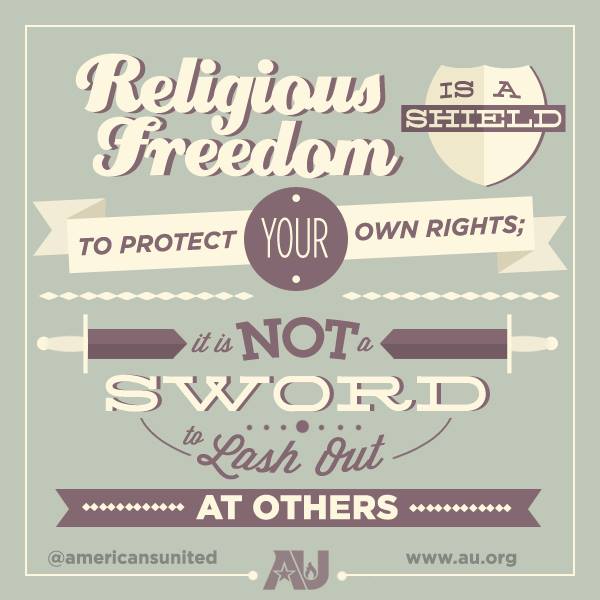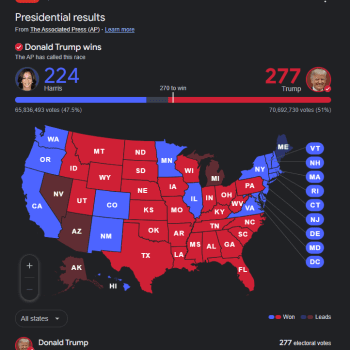I had a hard time even figuring out what to call this post. My friend and colleague Brent Hege gave a wonderful lunchtime talk today about religious freedom, during which he mentioned the difficulties that face attempts to define religion, and the ways in which the definition of religion assumed in discussion of such matters as separation of church and state are the result of particular historical developments in our thinking about religion, in the wake of the Protestant Reformation and the Enlightenment. One assumption that was mentioned was the Enlightenment assumption that it is possible to engage in logical reasoning unencumbered by assumptions, worldview, and the like.
Now that the latter assumption (and it is indeed an assumption to posit that one can be free of assumptions, which is blatantly self-defeating) has been so thoroughly discredited as to be laughable, maybe we need to revisit this with fresh eyes.
Perhaps the reason we have so much difficulty defining religion is precisely because of an unexamined assumption that it is possible to have a sphere of non-religion.
 Think about the things that we use to define religion. Belief in a higher power is not universal, and so the focus instead is on worldview, ideology, myth, community, rituals, ethics, and other such things.
Think about the things that we use to define religion. Belief in a higher power is not universal, and so the focus instead is on worldview, ideology, myth, community, rituals, ethics, and other such things.
No human beings are devoid of such things entirely. And so perhaps the very attempt to define religion as a distinctive sphere turns out to be an attempt by post-Enlightenment secularism of a particular sort to create a space into which certain kinds of ideologies and assumptions might be corralled and dealt with, while other ideologies and assumptions might be allowed to flourish free from their interference, despite being no more objective, or at the very least not so completely objective that the difference is one of kind rather than of degree.
Perhaps the very modernist act of defining religion, and then defining it in particular ways, itself needs to be problematized, not because of the usual issues of whether or not it does justice to Zen Buddhism, but precisely because it assumes that “religion” is a thing which, once it has been defined properly, some people are entirely without.
Of related interest, see Daniel McClellan’s posts on whether atheism is as natural as religion, and whether cognitive science (re)defines religion. Often the question of whether atheism is a religion is itself raised with the motive of engaging in religious apologetics. But the question of whether atheists have unexamined assumptions, a worldview, values, ethics, communities, beliefs, practices, symbols, and yes even myths is not one that ought to be swept under the carpet just because some have tried to use those matters in a game of religious gotcha and oneupmanship.
And so I ask the question: Using the kinds of definitions of religion that scholars have offered, is religion not something so all-pervasive in human existence that we should not pretend that it can be treated as a separate sphere of life that only some partake in, or that it can be subject to particular freedoms that others who are supposedly outside the realm of religion do not need or share?






















